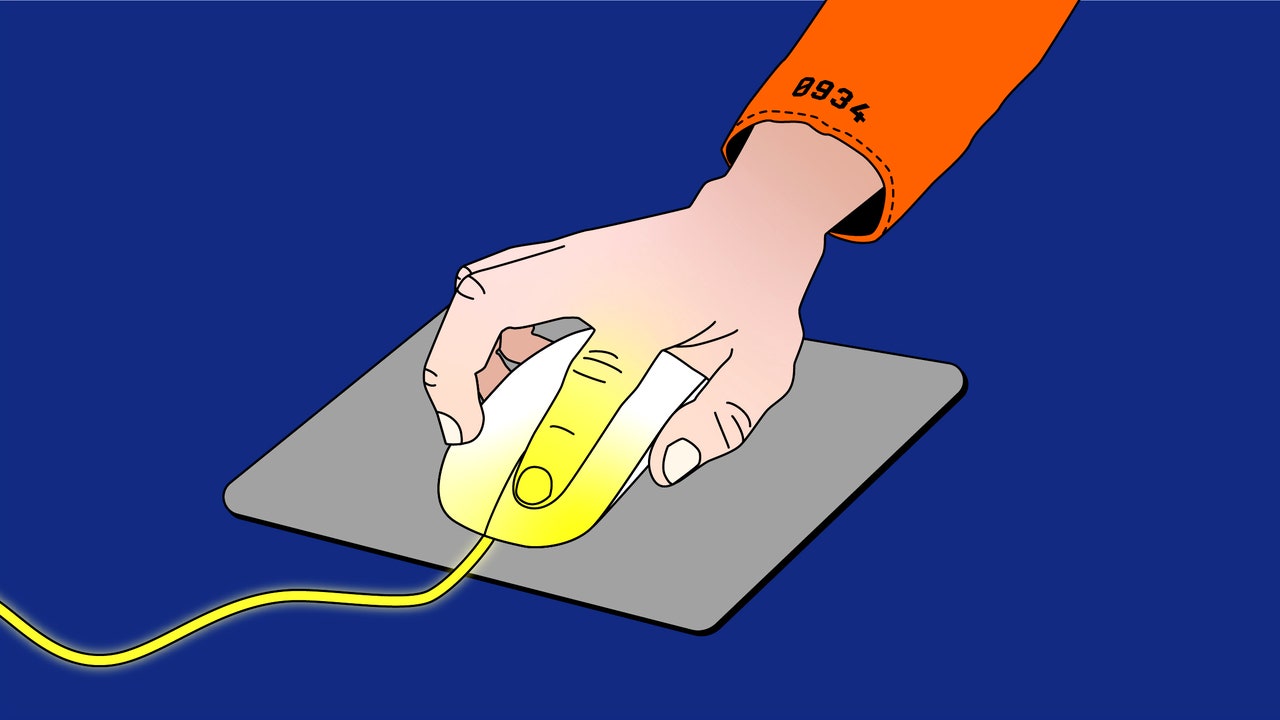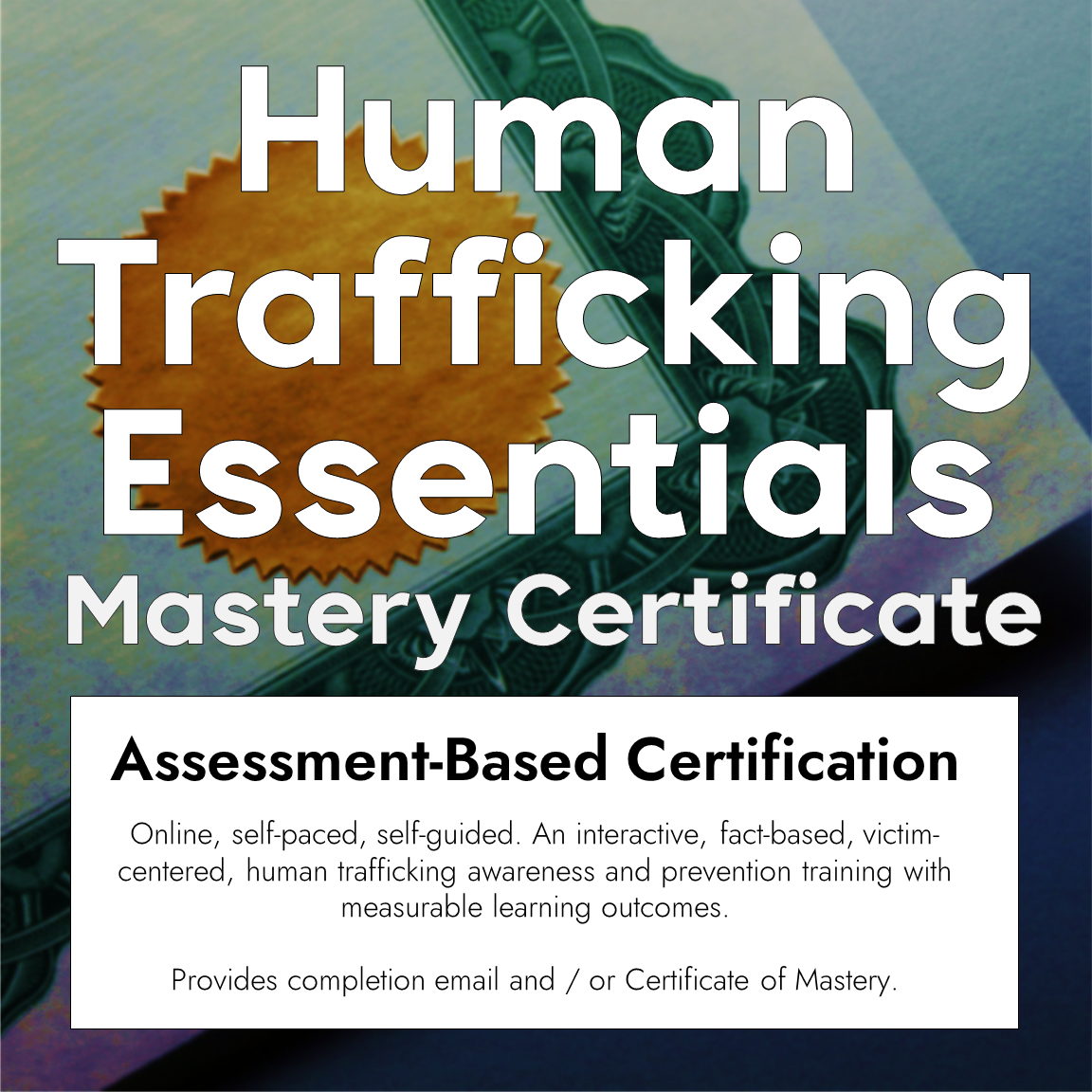These Prisoners Are Training AI

Across a sterile white table in a windowless room, I'm introduced to a woman in her forties. She has a square jaw and blonde hair that has been pulled back from her face with a baby-blue scrunchie. “The girls call me Marmalade,” she says, inviting me to use her prison nickname. Early on a Wednesday morning, Marmalade is here, in a Finnish prison, to demonstrate a new type of prison labor.
The table is bare except for a small plastic bottle of water and an HP laptop. During three-hour shifts, for which she's paid €1.54 ($1.67) an hour, the laptop is programmed to show Marmalade short chunks of text about real estate and then ask her yes or no questions about what she's just read. One question asks: “is the previous paragraph referring to a real estate decision, rather than an application?”
“It's a little boring,” Marmalade shrugs. She's also not entirely sure of the purpose of this exercise. Maybe she is helping to create a customer service chatbot, she muses.
In fact, she is training a large language model owned by Metroc, a Finnish startup that has created a search engine designed to help construction companies find newly approved building projects. To do that, Metroc needs data labelers to help its models understand clues from news articles and municipality documents about upcoming building projects. The AI has to be able to tell the difference between a hospital project that has already commissioned an architect or a window fitter, for example, and projects that might still be hiring.
Around the world, millions of so-called “clickworkers” train artificial intelligence models, teaching machines the difference between pedestrians and palm trees, or what combination of words describe violence or sexual abuse. Usually these workers are stationed in the global south, where wages are cheap. OpenAI, for example, uses an outsourcing firm that employs clickworkers in Kenya, Uganda, and India. That arrangement works for American companies, operating in the world's most widely spoken language, English. But there are not a lot of people in the global south who speak Finnish.
That's why Metroc turned to prison labor. The company gets cheap, Finnish-speaking workers, while the prison system can offer inmates employment that, it says, prepares them for the digital world of work after their release. Using prisoners to train AI creates uneasy parallels with the kind of low-paid and sometimes exploitive labor that has often existed downstream in technology. But in Finland, the project has received widespread support.
“There's this global idea of what data labor is. And then there's what happens in Finland, which is very different if you look at it closely,” says Tuukka Lehtiniemi, a researcher at the University of Helsinki, who has been studying data labor in Finnish prisons.
This “Eyes on Trafficking” story is reprinted from its original online location.
Fair Use Notice: The PBJ Learning Knowledge Vault is dedicated to advancing understanding of various social justice issues, including human trafficking and related topics. Some of the material presented on this website may contain copyrighted material, the use of which has not always been specifically authorized by the copyright owner. We are making such material available in our efforts to promote education and awareness of these important issues. There is no other central database we are aware of, so we put this together for both historical and research purposes. Articles are categorized and tagged for ease of use. We believe that this constitutes a ‘fair use' of any such copyrighted material as provided for in section 107 of the US Copyright Law. In accordance with Title 17 U.S.C. Section 107, the material on this site is distributed without profit to those who have expressed a prior interest in receiving the included information for research and educational purposes. For more information on fair use, please visit: “17 U.S. Code § 107 – Limitations on exclusive rights” on Cornell Law School's Legal Information Institute.

ABOUT PBJ LEARNING
PBJ Learning is a leading provider of online human trafficking training, focusing on awareness and prevention education. Their interactive Human Trafficking Essentials online course is used worldwide to educate professionals and individuals how to recognize human trafficking and how to respond to potential victims. Learn on any web browser (even your mobile phone) at any time.
More stories like this can be found in your PBJ Learning Knowledge Vault.
EYES ON TRAFFICKING
This “Eyes on Trafficking” story is reprinted from its original online location.
ABOUT PBJ LEARNING
PBJ Learning is a leading provider of online human trafficking training, focusing on awareness and prevention education. Their interactive Human Trafficking Essentials online course is used worldwide to educate professionals and individuals how to recognize human trafficking and how to respond to potential victims. Learn on any web browser (even your mobile phone) at any time.
More stories like this can be found in your PBJ Learning Knowledge Vault.

